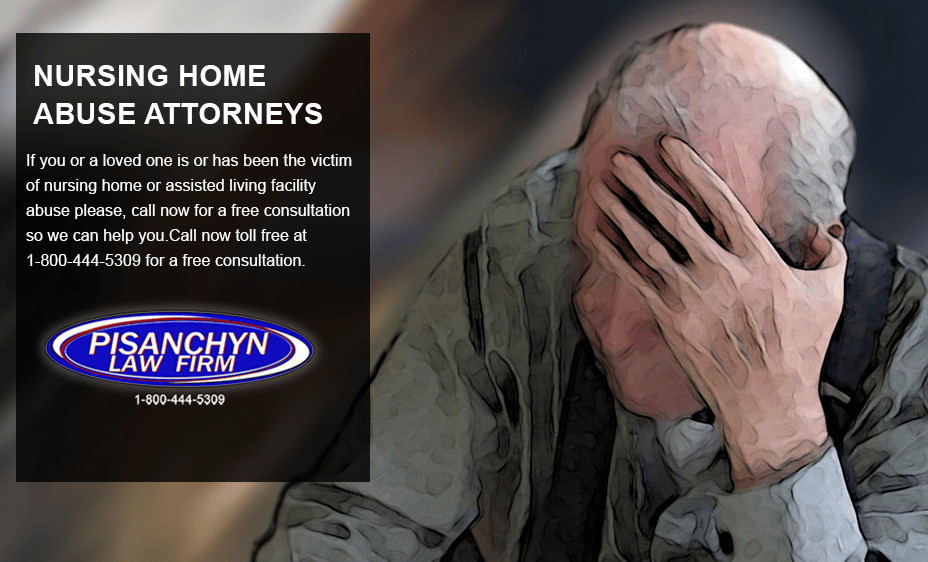Nursing homes play a crucial role in providing care and support for elderly individuals who may require assistance with daily activities. However, instances of nursing home abuse and neglect have become a growing concern, highlighting the need for heightened awareness and vigilance. In this article, we will explore some common red flags that may indicate nursing home abuse, empowering families and caregivers to take prompt action when necessary.
- Unexplained Injuries or Bruises:
Physical signs, such as unexplained injuries, bruises, or fractures, are clear red flags of potential abuse. These injuries may not have a plausible explanation or may be inconsistent with the individual’s medical history. Caregivers and family members should carefully monitor for signs of physical harm and promptly investigate any injuries that raise suspicion.
- Emotional or Behavioral Changes:
Abuse doesn’t always manifest physically; emotional and psychological abuse can have profound effects on a resident’s well-being. Watch for sudden behavioral changes, such as withdrawal, depression, anxiety, or mood swings. Individuals experiencing abuse may become unusually agitated or fearful in the presence of specific staff members or show signs of distress without apparent cause.
- Neglect of Basic Needs:
Neglect is a form of abuse that manifests in the failure to provide essential care, including adequate food, hydration, and personal hygiene. Red flags may include dehydration, malnutrition, unwarranted weight loss, or the presence of untreated medical conditions. Paying attention to the overall well-being and appearance of nursing home residents can help identify signs of neglect.
- Bedsores and Poor Hygiene:
The development of bedsores (pressure ulcers) and poor personal hygiene are indicators of neglect. Bedridden or immobile residents require regular repositioning and assistance with personal care. Failure to address these needs can result in painful and preventable conditions, reflecting a lapse in the quality of care provided.
- Financial Exploitation:
Financial abuse is a pervasive issue in nursing homes, where vulnerable residents may fall victim to exploitation. Unexplained withdrawals, sudden changes in financial arrangements, or missing personal belongings may suggest financial abuse. Family members should monitor financial transactions and promptly investigate any suspicious activity.
- Staff Avoidance or Restriction of Visitations:
If nursing home staff discourage or restrict family members from visiting a resident without valid reasons, it may be a red flag. Abusers may attempt to isolate residents to conceal signs of abuse or neglect. Open communication and regular visitations are essential for maintaining a connection with loved ones and monitoring the quality of care provided.
- Inadequate Staffing and High Turnover:
Nursing homes with consistently low staffing levels or high staff turnover may struggle to provide quality care, leading to potential instances of neglect. Adequate staffing is crucial for meeting the needs of residents and ensuring their safety and well-being.
Recognizing the red flags of nursing home abuse and neglect is essential for safeguarding the elderly population in care facilities. Families, caregivers, and friends must remain vigilant, fostering open communication with residents and addressing concerns promptly. By advocating for the rights and well-being of nursing home residents, we can contribute to creating a safer and more compassionate environment for our loved ones in their later years.
If you or a loved one is or has been the victim of nursing home or assisted living facility abuse please, call now for a free consultation so we can help you.
Call now toll free at 1-800-444-5309 for a free consultation. We have offices in Scranton, Philadelphia, Pittsburgh and Harrisburg and will travel to you.





